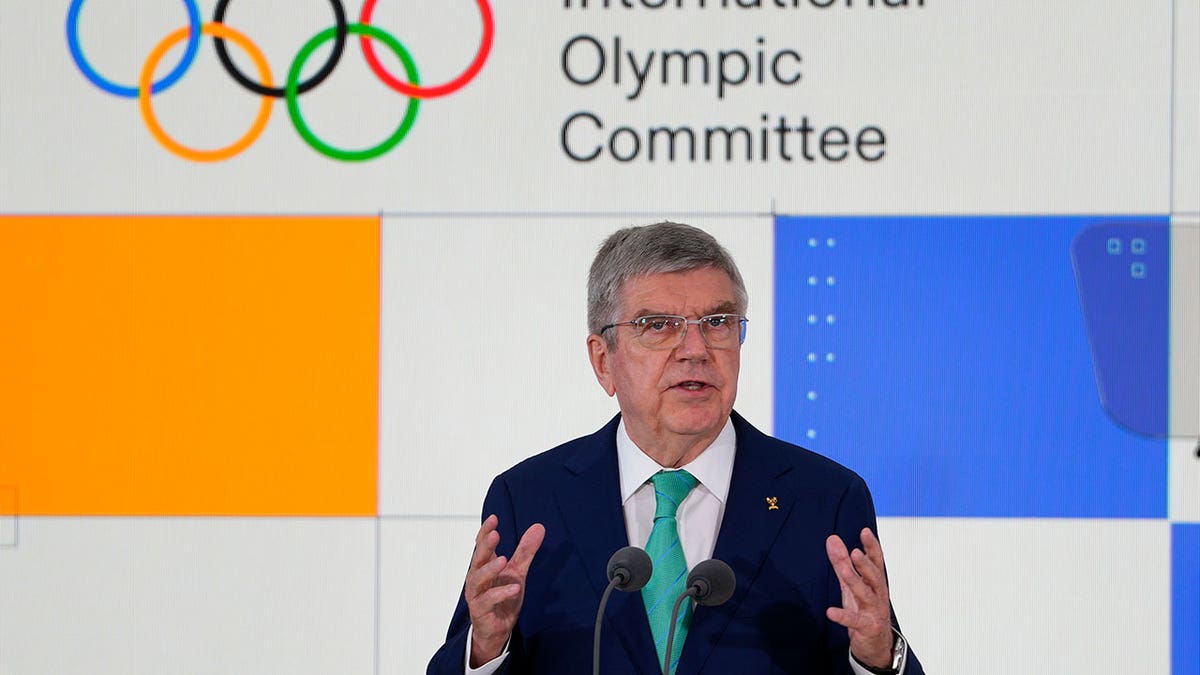In a bold move that heralds the integration of cutting-edge technology into the world of sports, the International Olympic Committee (IOC) has unveiled its plans to harness the power of artificial intelligence (AI) at the upcoming Olympic Games.
A Transformative Agenda: Empowering Athletes and Enhancing the Games
The IOC’s ambitious AI agenda encompasses a comprehensive roadmap for leveraging the technology’s potential in various game-changing ways:
- Identifying and nurturing exceptional talent: AI algorithms will scour vast data sets to pinpoint promising athletes, providing a data-driven approach to identifying future champions.
- Personalized training and performance optimization: AI-powered systems will analyze individual athletes’ data to create customized training plans tailored to their unique strengths and weaknesses.
- Enhancing fairness and objectivity in judging: Machine learning models will be employed to automate judgment processes, reducing subjective evaluations and ensuring greater consistency and accuracy in scoring.
A Call for Responsible Innovation
As the Olympic movement forges ahead into the realm of AI, IOC President Thomas Bach has emphasized the crucial need for responsible and ethical deployment of the technology: “We are determined to exploit the vast potential of AI in a responsible way. We must ensure that AI serves humanity and never the other way around.”
AI at the Heart of the Paris Games
The upcoming Paris Olympics will herald the first large-scale deployment of AI in an Olympic setting. In addition to the core applications mentioned above, the IOC plans to utilize AI for:
- Protecting athletes from online harassment and safeguarding their digital well-being.
- Enhancing broadcast experiences, making the games more immersive and engaging for viewers worldwide.
Security Concerns and the Quest for Balance
While the potential benefits of AI in sports are undeniable, concerns have been raised regarding its use for security purposes. Paris 2024 organizers’ plans for an AI-powered video surveillance system have sparked some controversy.
As the Olympic movement navigates the complexities of AI integration, it faces the delicate task of balancing innovation with the preservation of privacy and personal freedom.

Thomas Bach, IOC President, speaks at the International Olympic Committee launch of the Olympic AI Agenda in London on April 19, 2024. Olympic organizers unveiled their plans on Friday to use artificial intelligence in sports, joining the global rush to capitalize on the rapidly advancing technology. (AP Photo/Kirsty Wigglesworth)
A New Era of Innovation and Transformation
As the Olympic Games embrace AI, we stand on the cusp of a transformative era in sports. AI has the potential to redefine the way we identify, train, and evaluate athletes, while also enhancing the fan experience and safeguarding the well-being of those involved.
However, it is imperative that this technological revolution be accompanied by a commensurate commitment to ethical and responsible usage. Only by striking a balance between innovation and empathy can we ensure that AI truly serves the Olympic spirit and the global community it represents.
Data sourced from: foxnews.com





















